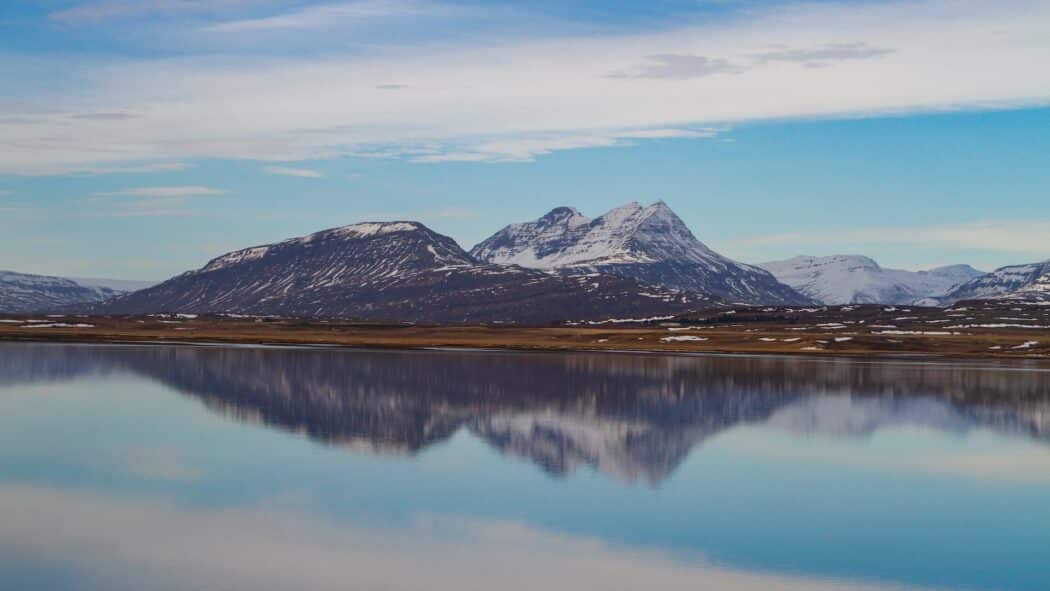You may have considered becoming a relief nurse in Northern Canada, but do you know what to expect as a travel nurse in these circumstances? Let’s examine the qualifications, realities of the job, benefits, resources and tips for northern nursing in Canada.
Qualifications Needed to Be a Relief Nurse in Northern Canada
If you’re wondering what it takes to work in healthcare in remote areas as a registered nurse, you’ll need to consider educational requirements, skills and competencies as well as licensure and certification.
First, you’ll need to be a registered nurse and submit proof from an approved provincial nursing college. As well, you will be required to have accomplished at least 3 years of critical care nursing within the last 5 years and demonstrate a fair amount of professional curiosity. In order to communicate well with your colleagues and patients, proficiency in English and/or French (Quebec) is necessary, in addition to a valid driver’s license. These certifications are some of the mandatory required before work can be started:
- Health Care Provider (HCP) Level CPR
- Advanced Cardiovascular Life Support (ACLS)
- International Trauma Life Support (ITLS)
- Pediatric Advanced Life Support (PALS)
For more information on what it takes to become a travel nurse in Canada, click here.

Job Description of a Relief Nurse
All job ads for a travel or relief nurse have elements in common within their scope of responsibilities and most job opportunities offer the same type of work setting while requiring specific traits.
A relief nurse is responsible for patient care and adheres to patient and clinical practices and regulations as well as demonstrates personal accountability. A practical nurse offers non-judgmental and non-discriminatory care within patient rights and guidelines and collects information to review and document patient history and records while observing the physical condition of the people monitored.
Short- and medium-term assignments in Northern Canada can last anywhere from 2 to 24 weeks. Registered nurses must be flexible and adaptable as their temporary work environments will frequently change and evolve. It is important to demonstrate autonomy and to like meeting new people in new places all while maintaining cultural competency.
Challenges of Being a Relief Nurse in the North
Other important elements you need to know about being a relief nurse in Northern Canada are:
- Weather conditions up north are quite different from what you may be used to. Prepare adequately by bringing appropriate layered clothing.
- An understanding of cultural differences and sensitivity are essential to a successful posting. Undertake your new assignment with an open mind and an open heart!
- Isolation and remoteness need to be factored into your preparation process. You will be far from urban centres and will need to adapt.

Tips for Being a Successful Relief Nurse
The main tips for being a relief nurse in Canada are to hone your communication skills. Not only will cultural and language differences sometimes pose certain challenges, but it is important to learn to communicate in an open manner.
Willingness to learn and adapt to your new environment are crucial to your activities up North. You’re going to discover a multitude of new situations and learn every day!
In all this, make sure that you set a routine of self-care and stress management that you will stick with throughout your assignment.
Opportunities for Personal and Professional Growth as a Relief Nurse in the North of Canada
Becoming a relief nurse in Northern Canada will provide numerous advantages and opportunities to advance your career and personal development as well as experiences you will forever cherish. You will benefit from exposure to diverse healthcare settings and get the chance to work with Indigenous communities you will learn from.
During your collaboration with the agency, professional development and continuing education are offered to you and continue to expand your horizons!
Resources Available
Once you become a relief nurse in the North of Canada, you will also have access to healthcare resources as well as training and cultural awareness tools. You will be joining a team of motivated colleagues and supervisors from which you will receive constant support! For more resources, read our article on how to prepare for an adventure in the Great North.

The Future of Relief Nursing Up North
As you probably know as a registered nurse, the demand for your craft is exponential. Current and future demand for relief nurses in Northern Canada are increasing and it is therefore an excellent opportunity to secure your future.
As advances in healthcare technology emerge, plentiful opportunities for career growth and advancement will be provided to you through staffing solutions in various care facilities.
Now that you know the basics about being a relief nurse in Northern Canada.
Related ressources
If you want to know more about this subject, we recommend the following articles

